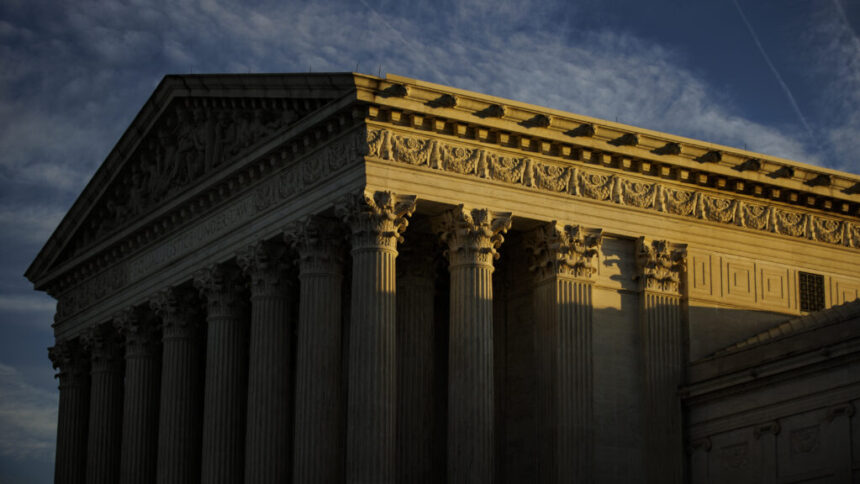The recent Supreme Court decision upholding the Affordable Care Act provision requiring health insurers to cover certain preventive services cost-free has been met with both applause and concern. The ruling ensures that important services like cancer screenings, statins, and HIV prevention drugs will continue to be accessible to many Americans at no cost. However, it also solidifies the Health and Human Services secretary’s authority over the U.S. Preventive Services Task Force, potentially allowing for changes in coverage and recommendations.
In a 6-3 decision written by Justice Brett Kavanaugh, the court addressed the case of Kennedy v. Braidwood Management, highlighting the issue of the task force’s independence and credibility. The task force plays a crucial role in evaluating preventive health interventions based on scientific evidence and providing recommendations. Services with A or B recommendations are mandated to be covered by insurers under the ACA.
The case was brought by conservative Christian employers in Texas, arguing that the task force’s composition violated the appointments clause of the Constitution. They also raised objections to covering specific services like PrEP on religious freedom grounds. The court focused on whether the task force members were constitutionally appointed and affirmed the secretary’s control over their recommendations.
This ruling gives the current HHS secretary, Robert F. Kennedy Jr., the authority to reject or modify task force recommendations, potentially impacting coverage and access to preventive services. Concerns have been raised about the potential for decreased access to essential services and negative health outcomes if coverage changes occur. For example, removing the cost-free mandate for PrEP could lead to a significant increase in new HIV infections.
Moreover, the decision opens the door for Kennedy to replace task force members and appoint new individuals, similar to what was done with another expert panel related to vaccine policy. This scenario could erode public trust in the task force and its recommendations, leading to politicization of health care policies based on political priorities rather than scientific evidence.
Experts warn that the court’s stance on structural independence of government bodies could have far-reaching implications for health and science governance. The risk of politicizing health care decisions could result in policies that do not align with scientific evidence and may not serve the best interests of public health. It is crucial to uphold norms of independence and ensure that decisions are driven by scientific integrity rather than political agendas.







